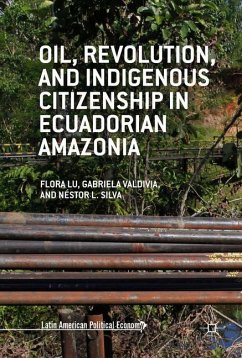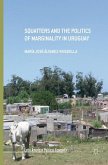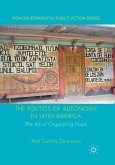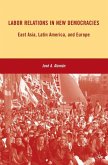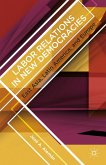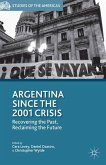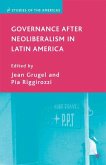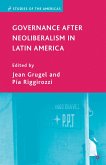This book addresses the political ecology of the Ecuadorian petro-state since the turn of the century and contextualizes state-civil society relations in contemporary Ecuador to produce an analysis of oil and Revolution in twenty-first century Latin America. Ecuador's recent history is marked by changes in state-citizen relations: the election of political firebrand, Rafael Correa; a new constitution recognizing the value of pluriculturality and nature's rights; and new rules for distributing state oil revenues. One of the most emblematic projects at this time is the Correa administration's Revolución Ciudadana, an oil-funded project of social investment and infrastructural development that claims to blaze a responsible and responsive path towards wellbeing for all Ecuadorians. The contributors to this book examine the key interventions of the recent political revolution-the investment of oil revenues into public works in Amazonia and across Ecuador; an initiative to keep oil underground; and the protection of the country's most marginalized peoples-to illustrate how new forms of citizenship are required and forged. Through a focus on Amazonia and the Waorani, this book analyzes the burdens and opportunities created by oil-financed social and environmental change, and how these alter life in Amazonian extraction sites and across Ecuador.
"This is an outstanding contribution to the literature on neo-extractivism and indigenous peoples in Latin America. It raises difficult questions about what the post-neoliberal projects of the Ecuadorian petro-state have meant and will continue to mean for indigenous citizens who are insufficiently recognized, co-opted and reified for their symbolic capital, and engaged in ways that are inefficient, insensitive, and often counter-productive. It is essential reading for anyone concerned with the innumerable and often disguised costs of continuing oil extraction." (Erin Fitz-Henry, Journal of Iberian and Latin American Research, Vol. 23 (2), 2017)

